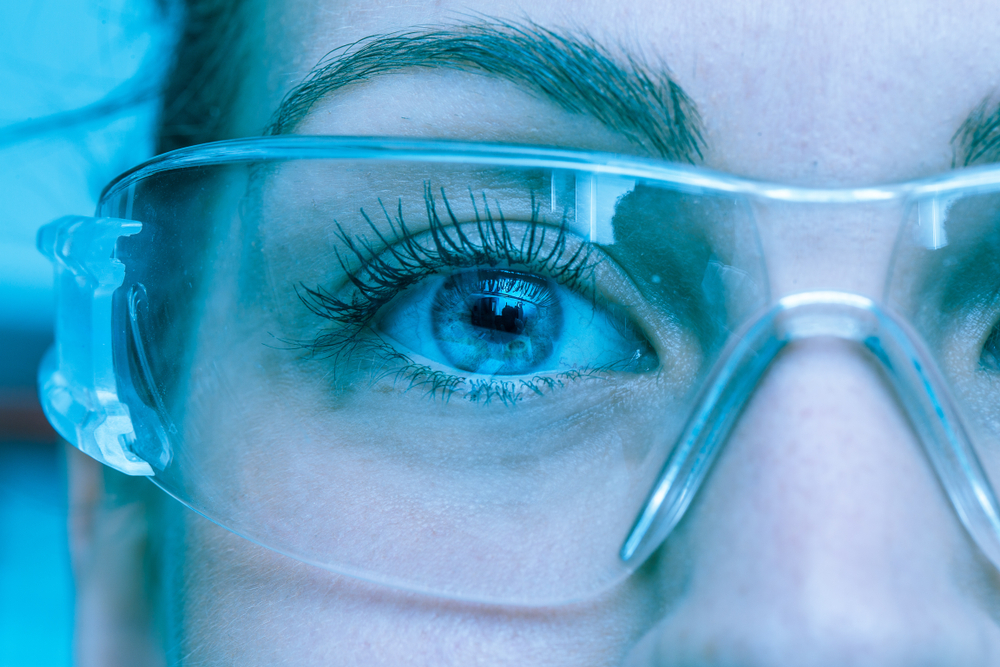Unless you have experience working in a diagnostic lab, you’re probably unaware of the demands in this setting. Lab technicians don’t just handle complex procedures. In addition, their jobs are dangerous. Workers must ensure proper waste removal, handle toxic chemicals, monitor radiation and more. Therefore, safety has to be the highest priority. Safety policies keep workers safe and ensure quality of work. In this post, we’ll explore the most essential safety protocol for diagnostic laboratories.
1. Understand & Follow All Instructions
Without a doubt, this is one of the best ways to stay safe in a diagnostic lab. Carefully following procedure instructions will help you avoid mistakes or injuries. Also, it’s critical to never divert from official step-by-step instructions, even if you think they’re flawed.
If you strictly obey all instructions for tests, experiments, procedures and more, it serves several purposes. It won’t just keep you safe. It also ensures sample integrity, quality of work and equipment functionality. That’s right: simply following instructions keeps your very-pricey diagnostic testing devices working for as long as possible without upgrading them. And this is an excellent way to save money on device repairs or potential downtime. It ensures proper device care and use, prevents costly errors and breakdowns. No facility can afford to treat their equipment carelessly. Therefore, following instructions will keep your devices running without serious malfunctions.
2. Know Where to Ask For Help
Unfortunately, accidents will happen. With any luck, your lab can avoid serious mishaps. However, should an accident occur, you (and everyone else) must know how to handle it. Also, you have to know where to seek help. Train your employees with accident or injury simulations. This way, they understand how to handle these situations. Of course, this doesn’t mean your lab should neglect precautions. Preventing accidents with caution will be your most reliable anti-accident technique.
However, if there’s an emergency, you should know precisely what equipment, tools, material or procedure to seek. Most labs have the necessary elements in case of emergencies. These include eye washes, sterilization tools or showers. All workers should know exactly where they are. Additionally, they should have constant access to them. Ultimately, every diagnostic lab must ensure that everyone knows how to manage all potential emergencies. This way, there’s no irreversible, tragic or significant accidents within the lab.
3. Dress Appropriately
A dress code is a critical part of each lab tech’s responsibilities. Of course, anybody working in the lab must follow its dress requirements. Personal protective equipment (PPE) is usually the only barrier between workers and their experiments. Therefore, the right PPE will protect the experiment, sample and employee.
In most diagnostic labs, the rules enforce covering skin like toes or fingers during certain experiments. Goggles, gloves, head coverings, close-toe shoes and lab coats protect clothing and bodies. This way, spills, contamination or splashes don’t damage them.
No lab employee can afford to dismiss the importance of proper apparel or neglect to wear it. Additionally, in many cases, dress requirements aren’t enforced only by the lab. Federal, state and local mandates make the refusal to wear PPE illegal.
4. Keep Food & Drink Out of the Lab
In diagnostic labs, leaving food and drink out of the lab is the much healthier option. It doesn’t just compromise sample integrity. It can lead to serious instances of cross-contamination. If it’s present while working, then materials, substances, tools, devices and more can all be cross-contaminated. Additionally, this can be really hazardous for anyone eating or drinking. Many labs use toxic, abrasive agents in their work. Should any of those get in food or drink, then it can have severe health consequences.
Another common oversight is storing meals in lab refrigerators or freezers. Obviously, this can compromise anything you place within. Keep all food and drinks well outside of the lab to avoid any of these mishaps.
Conclusion – Cryostar Industries
At Cryostar, we combine our passion for serving our clients with decades of experience and knowledge of lab needs. As a result, we offer unparalleled services and guarantee incomparable satisfaction. Collaborating with our clients to enhance safety, quality and productivity is our top priority.

| Call for Immediate Lab Services |
|---|
| Long Island, Nassau & Suffolk County Call: 516-333-4006 |
| The Bronx, Manhattan, Brooklyn, Queens, & Staten Island Call: 718-885-0833 |
| Albany & Southern New York State Call: 800-564-5513 |
| Piscataway, Northern & Central New Jersey Call: 800-564-5513 |
| Danbury Connecticut & Surrounding Areas Call: 203-748-7343 |
24/7 Emergency ServiceCall: 1-800-564-5513 |